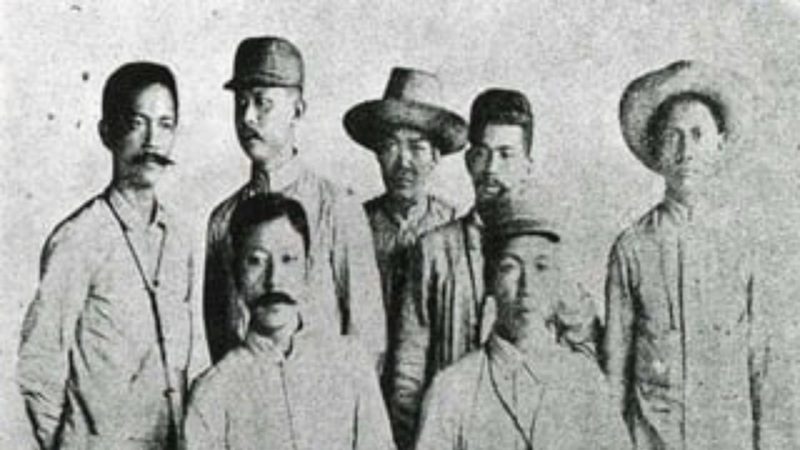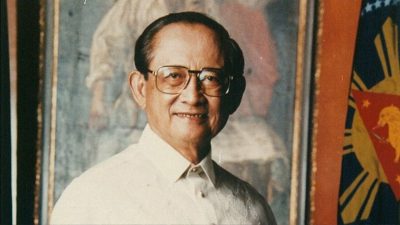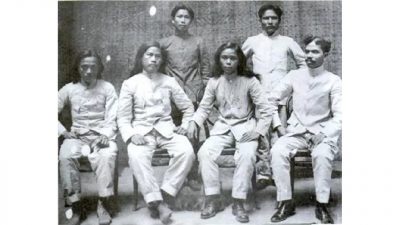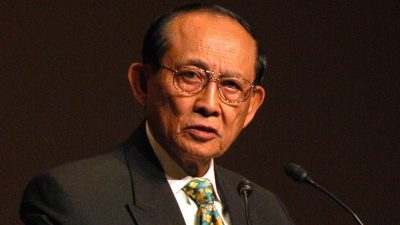MANILA — Today in Filipino history, December 27, 1897, marks a pivotal moment as General Emilio Aguinaldo, along with 25 other revolutionary leaders, embarked on a journey to Hong Kong aboard the steamer Uranus, adhering to the terms of the Pact of Biak-na-Bato.
This event unfolded against the backdrop of a turbulent period, where the Spanish Governor Primo de Rivera acknowledged the futility of suppressing the revolution through military force, despite prematurely declaring its end on May 17, 1897.
After General Aguinaldo’s forces were displaced from Cavite to Bulacan, they proclaimed the constitution and inaugurated the Republic of Biak-na-Bato on November 1, 1897.
Negotiations ensued in August, culminating in the Pact of Biak-na-Bato by December.
Under this pact, Spain pledged self-rule for the Philippines within three years if Aguinaldo chose voluntary exile.
The agreement also stipulated an end to hostilities, amnesty, an indemnity of 800,000 pesos, and various reforms.
However, the terms were marred by non-compliance from both sides. Spain only paid 600,000 pesos of the agreed 1.7 million indemnity, and many Filipino patriots faced arrests and persecution despite the proclaimed amnesty.
Additionally, promised reforms were never implemented. Meanwhile, in Hong Kong, Aguinaldo closely monitored Philippine developments, preserving the 400,000 pesos and collaborating with compatriots to design the future Philippine national flag.
This historical episode marked a brief respite in the Filipino struggle, soon disrupted by the emergence of a new power—the United States of America.
Reference: Philippine News Agency archives
(jr amigo/ai/mnm)







